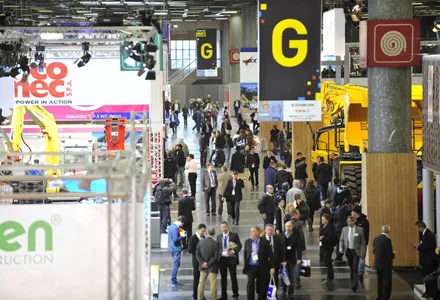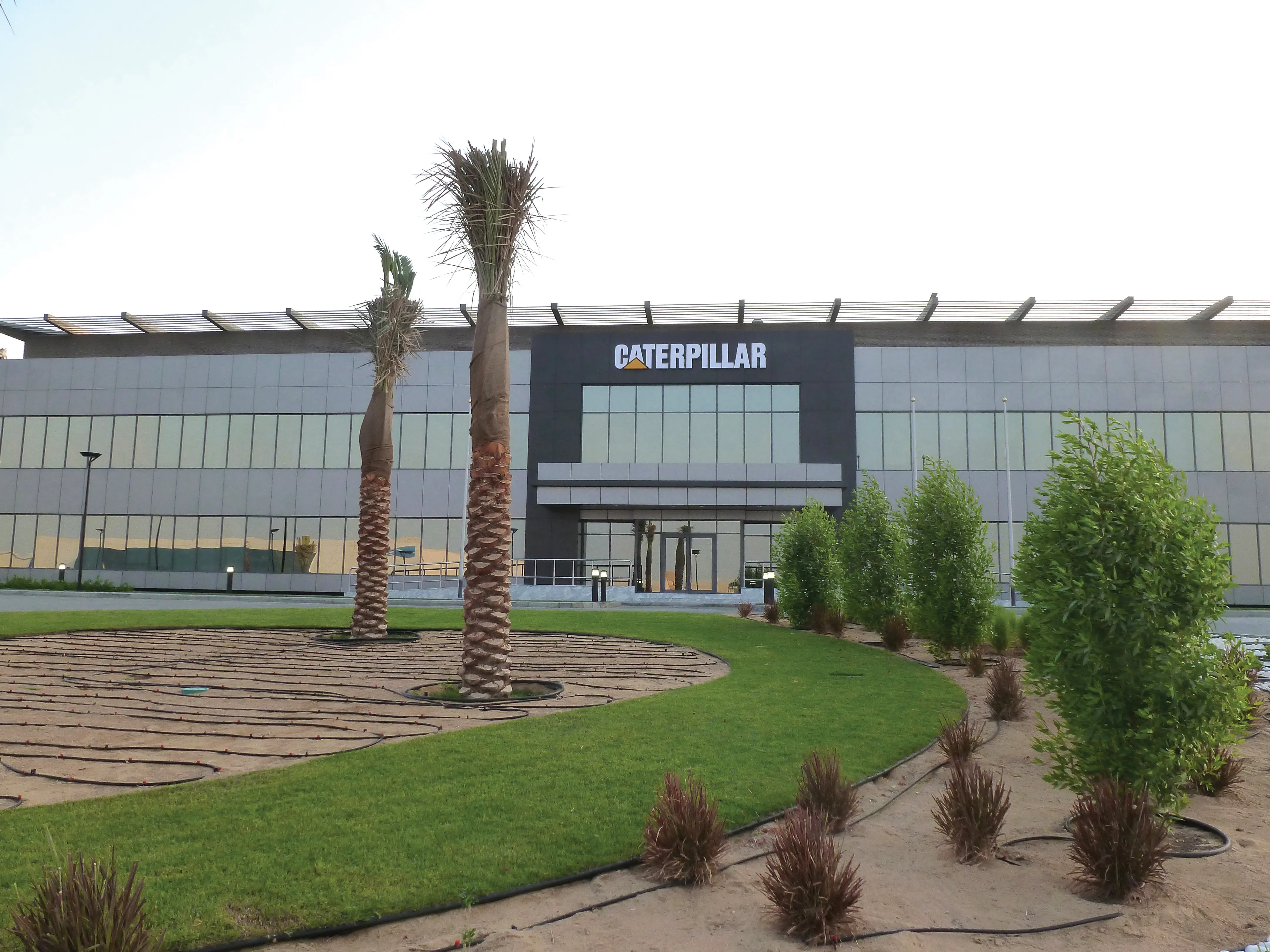Netherlands-based engineering consultants Royal Haskoning and DHV are merging. The new business will be called Royal HaskoningDHV. The company is based at Amersfoort in the Netherlands and is a leading project management, engineering and consultancy service provider. Bertrand van Ee chairs the Executive Board of Royal HaskoningDHV, with Erik Oostwegel as vice-chair. Jaska de Bakker (CFO), Piet Besselink, Frank Heemskerk and Henry Rowe complete the Executive Board. Joop van Oosten chairs the Supervisory Boar
July 6, 2012
Read time: 2 mins
Netherlands-based engineering consultants Royal Haskoning and 6122 DHV are merging. The new business will be called Royal HaskoningDHV. The company is based at Amersfoort in the Netherlands and is a leading project management, engineering and consultancy service provider. Bertrand van Ee chairs the Executive Board of Royal HaskoningDHV, with Erik Oostwegel as vice-chair. Jaska de Bakker (CFO), Piet Besselink, Frank Heemskerk and Henry Rowe complete the Executive Board.
Joop van Oosten chairs the Supervisory Board, which counts 8 members in total, with Wim van Vonno as vice-chair. Chairman Bertrand van Ee said, “We are absolutely delighted to launch Royal HaskoningDHV. To provide solutions to today’s challenges, size matters. Our newly merged company will apply its multidisciplinary skills, knowledge, experience and history to deliver added value to our clients on a wider global reach. Our pooled resources will enable us to invest in developing the necessary innovations for a brighter and sustainable future.”
A significant, global player with a major position in infrastructure, Royal HaskoningDHV sees significant growth opportunities, especially in India, South-East Asia, the Middle East, Southern Africa, Australia and Brazil.
Joop van Oosten chairs the Supervisory Board, which counts 8 members in total, with Wim van Vonno as vice-chair. Chairman Bertrand van Ee said, “We are absolutely delighted to launch Royal HaskoningDHV. To provide solutions to today’s challenges, size matters. Our newly merged company will apply its multidisciplinary skills, knowledge, experience and history to deliver added value to our clients on a wider global reach. Our pooled resources will enable us to invest in developing the necessary innovations for a brighter and sustainable future.”
A significant, global player with a major position in infrastructure, Royal HaskoningDHV sees significant growth opportunities, especially in India, South-East Asia, the Middle East, Southern Africa, Australia and Brazil.








